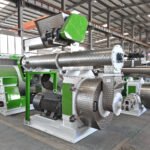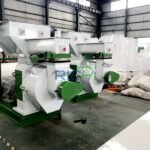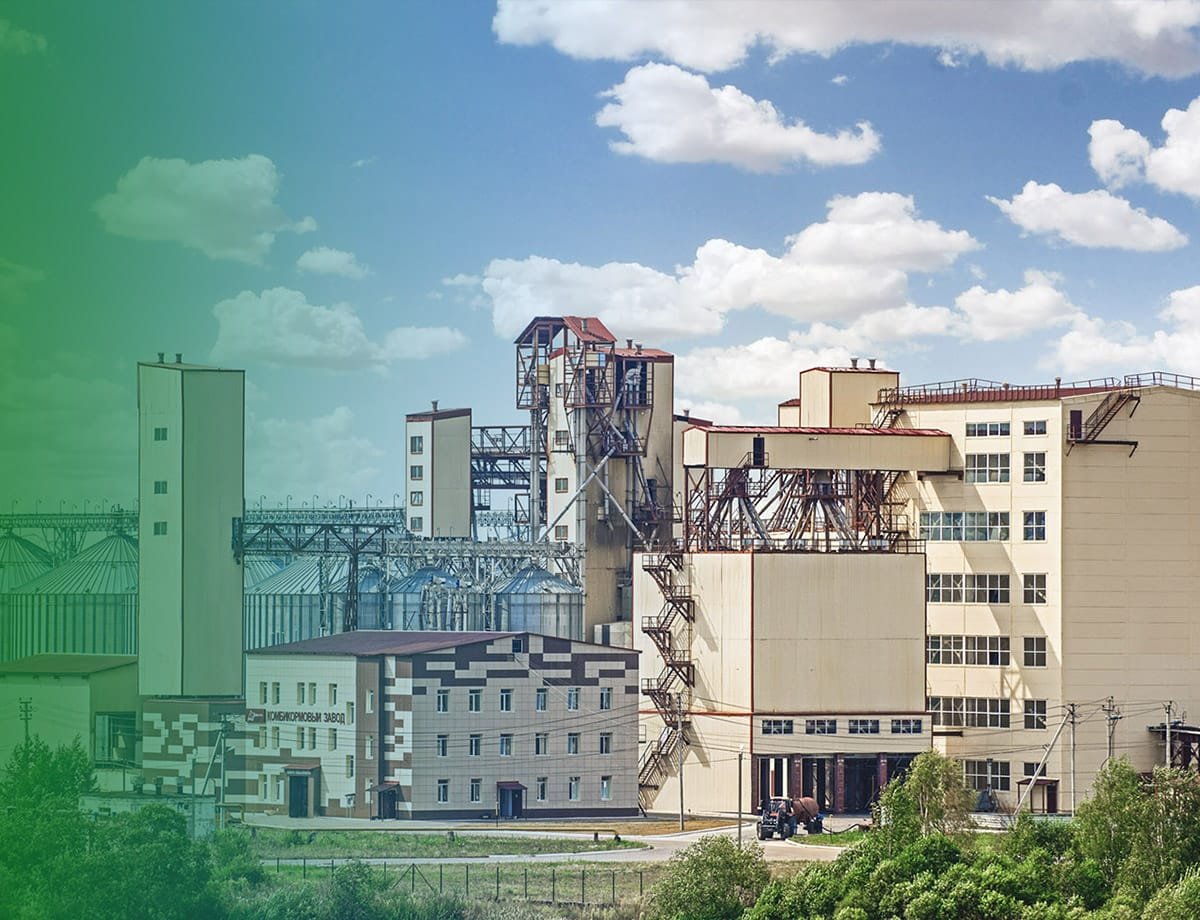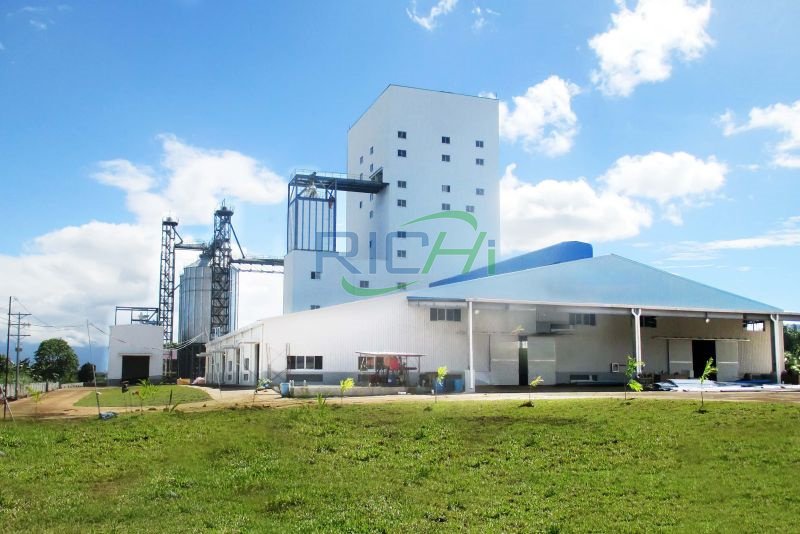Are you tired of using chemical fertilizers that harm the environment and potentially pose health risks to you and your family? Are you looking for a more natural and sustainable way to nourish your plants and improve soil quality? Look no further, as organic fertilizer granulators are here to revolutionize the way you garden. In this comprehensive guide, we will explore the top 5 best organic fertilizer granulators on the market and help you make an informed decision for your gardening needs.
First, let’s define what organic fertilizer is and its benefits. Organic fertilizer is made from natural materials such as animal manure, compost, and plant residues, and does not contain any synthetic chemicals. It provides essential nutrients for plant growth, improves soil structure, and promotes a healthy ecosystem. Unlike chemical fertilizers, organic fertilizers do not harm beneficial microorganisms in the soil, making it a more sustainable and eco-friendly option.
What is an Organic Fertilizer Granulator?
An organic fertilizer granulator is a machine that converts raw materials into granules to make the application of organic fertilizers easier and more efficient. It works by compressing and shaping the materials into small, uniform particles, making it easier to spread and absorb into the soil. This process also reduces the risk of nutrient runoff, ensuring that your plants receive the necessary nutrients without harming the environment.
The benefits of using an organic fertilizer granulator include increased nutrient availability for plants, improved soil structure, and reduced labor and time for application. The granules also have a slow-release effect, providing a steady supply of nutrients to plants over time.

Importance of Using Organic Fertilizers in Gardening
Chemical fertilizers may provide quick results, but they come with several drawbacks. They can damage the soil structure, kill beneficial microorganisms, and leach into water sources, causing pollution. On the other hand, organic fertilizers not only nourish your plants but also improve soil quality. They contain natural microorganisms that help break down organic matter and release nutrients into the soil, creating a healthy and balanced ecosystem. By using organic fertilizers, you are not only benefiting your garden but also the environment.
Factors to Consider When Choosing an Organic Fertilizer Granulator
There are several types of organic fertilizer granulators available in the market, such as drum, disc, and roller press. When choosing the right one for your gardening needs, consider the following factors:
- Type of Granulator: Each type of granulator has its own unique features and benefits. For example, drum granulators are best for large-scale production, while disc granulators are more suitable for smaller gardens. Consider the size of your garden and the amount of fertilizer you will need to determine which type is best for you.
- Capacity and Output: The capacity and output of a granulator refer to the amount of fertilizer it can produce in a given time. If you have a larger garden, you will need a granulator with a higher capacity and output to keep up with your fertilization needs.
- Durability and Maintenance: Investing in a durable and low-maintenance granulator will save you time and money in the long run. Look for products made with high-quality materials and easy-to-follow maintenance instructions.
- Price Range: Organic fertilizer granulators come in various price ranges, so it’s essential to determine your budget before making a purchase. Keep in mind that a higher price does not always guarantee better quality, so research and compare options before deciding.
Top 5 Best Organic Fertilizer Granulators on the Market
After careful research and consideration, we have compiled a list of the top 5 best organic fertilizer granulators on the market.
- Rotary Drum Granulator:
- Known for its high efficiency and large capacity, the rotary drum granulator is a popular choice for large-scale fertilizer production. It is especially effective for materials that react chemically during the granulation process.
- New Type Organic Fertilizer Granulator:
- Often referred to as the “wet granulator,” this type utilizes agitating teeth to strongly condition the material into granules. It’s particularly suited for materials with high moisture content and is renowned for producing uniform and high-strength granules.
- Disc Granulator (or Pan Granulator):
- This is ideal for producing round granules and is known for its simplicity and adjustability. The angle of the disc can be adjusted to control the granule size. It’s well-suited for small to medium production scales.
- Double Roller Extrusion Granulator:
- This type is popular for its low energy consumption and no drying process requirement. It works well for granulating materials into specific shapes and is often used for compound fertilizer production.
- Flat Die Granulator:
- Particularly used for organic fertilizer production, the flat die granulator is praised for its ability to produce cylindrical granules. It’s suitable for low-temperature granulation and is often chosen for small-scale fertilizer production.
Richi Manufacture Organic Fertilizer Granulator
- Richi manufacture organic fertilizer granulator is designed for continuous production, with a capacity of 5-50 tons per hour. It has a high granulation rate and is suitable for a wide range of materials.
- Key Features: Stable operation, low maintenance, easy to clean.
In conclusion, choosing the right organic fertilizer granulator is crucial for the success of your gardening journey. By understanding the benefits of using organic fertilizers, considering the factors mentioned, and exploring the top 5 best granulators, you can make an informed decision and ensure the health of your garden and the environment.











